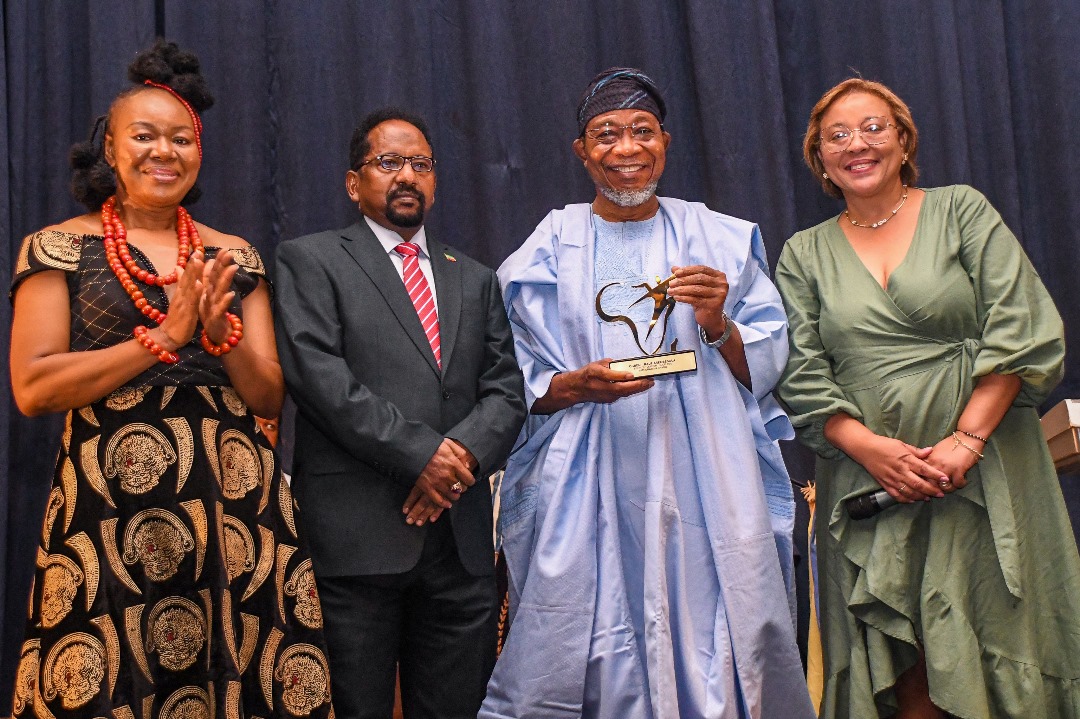Workers Allowances: FG To Spend Additional N315bn In 6 Months
The Federal Government may spend an additional N315bn on its wage bill in the next six months for the newly introduced allowance for federal workers, findings by OSUN DEFENDER have revealed.
This came as Organised Labour agreed to suspend its proposed nationwide strike for 30 days, following the signing of a Memorandum of Understanding with the Federal Government after a marathon meeting that ended around 11pm on Tuesday.
The resolution followed over five hours of deliberations between the Federal Government and Labour at the Chief of Staff Conference Room of the Presidential Villa, Abuja.
Announcing the outcome of the meeting, the Minister of Labour and Employment, Simon Lalong, said “The NLC and TUC accept to suspend for 30 days the planned Indefinite Nationwide strike scheduled to begin, Tuesday, the 3rd of October, 2023.”
According to Lalong, the memorandum shall be filed with the relevant court of competent jurisdiction within one week as consent judgment by the Federal Government.
However, the NLC President, Joe Ajaero, said the unions would revisit the agreement if the FG failed to fulfil their demands.
According to the agreement, the Federal Government grants a wage award of N35,000 only to all Federal Government workers “beginning from the month of September pending when a new national minimum wage is expected to have been signed into law.”
The agreement further read in part, “A minimum wage committee shall be inaugurated within one month from the date of this agreement.
“Federal Government accepts to vote N100 billion for the provision of high capacity CNG buses for mass transit in Nigeria. Provisions are also being made for initial 55,000 CNG conversion kits to kick start an auto gas conversion programme, whilst work is ongoing on state-of-the-art CNG stations nationwide. The rollout aims to commence by November with pilots across 10 campuses nationwide.
“The Federal Government should urge state government through the National Economic Council and Governors Forum to implement wage award for their workers. Similar consideration should also be given to local government and private sector workers. A joint visitation will be made to the refineries to ascertain their rehabilitation status.”
Meanwhile, the Federal Government had on Sunday said that the provisional wage increase announced by President Bola Tinubu for all low-income workers for six months would cut across all treasury-paid workers.
The Chief of Staff to the President, Femi Gbajabiamila, revealed this to State House correspondents at the end of a four-hour marathon emergency meeting with the leaders of Organised Labour.
The compromise was reached to avert the proposed indefinite nationwide strike declared by the organised labour.
The meeting came hours after the President in his Independence Day broadcast announced the approval of a N25,000 provisional wage increase for a certain category of federal workers for the next six months.
However, OSUN DEFENDER gathered that labour leaders rejected Tinubu’s N25,000 provisional wage increment for low-grade workers.
As a result, the Federal Government raised the wage award to N35,000.
“The Federal Government has announced N35,000 only as provisional wage award for all treasury-paid Federal Government workers for six months following further consultation with President Bola Tinubu,” according to a statement by the Minister of Information and National Orientation, Mallam Mohammed Idris.
Earlier in August this year, the Director-General of the Budget Office of the Federation, Ben Akabueze, said the Federal Government’s personnel cost was over N5tn, with 1.5 million workers under the Federal Government’s payroll.
He disclosed this to an Ad-Hoc committee of the House of Representatives, seeking to investigate the mismanagement of personnel recruitment, employment racketeering and gross mismanagement of the Integrated Payroll and Personnel Information System.
Akabueze said, “Not only have we not redrawn, we have significantly reduced our numbers and managed the cost of the government, which as of 2015, was about N1tn. Today, it is over N5tn and as much as we desire to depopulate the growing number of unemployed people in the country, the reality is that the government is not really a direct job creator.
“The role of government is to create an enabling environment for the private sector to create jobs. The total number of people in the employment of the federal government nationwide, including all of the security services, the military and all of that, is under 1.5 million people.”
This likely means that 1.5 million federal workers will benefit from the proposed N35,000 monthly palliative proposed by the Federal Government to cushion the effects of the removal of subsidy on the Premium Motor Spirit, popularly known as petrol, for a period of six months.
The Federal Government is expected to spend N52.5bn monthly on 1.5 million federal workers.
This means that a total of N315bn will be spent in six months, with each civil servant getting a total of N210,000.
The President General of the Maritime Workers Union of Nigeria, Adewale Adeyanju on Monday, directed that all members of the union to resume work on Tuesday (today) instructed by the Nigeria Labour Congress.
- Yusuf Oketola


Yusuf Oketola is a trained journalist with over five years of experience in the media industry. He has worked for both print and online medium. He is a thorough-bred professional with an eye of hindsight on issues bothering on social justice, purposeful leadership, and a society where the leaders charge and work for the prosperity of the people.










